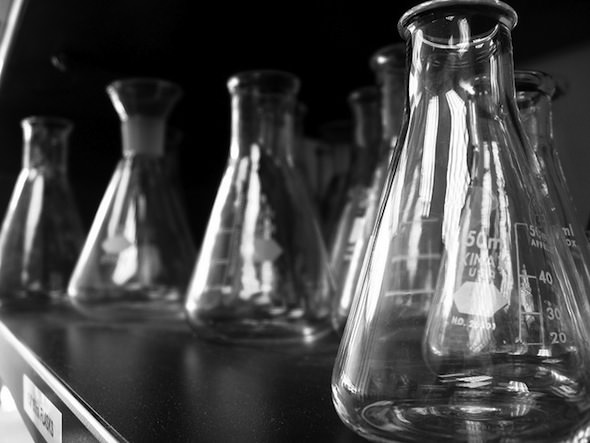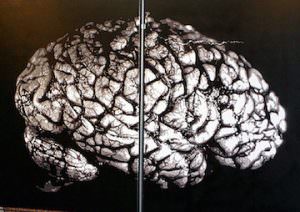Cut-and-Paste DNA May Eliminate HIV
"Researchers have created genetically modified monkeys with a revolutionary new procedure that enables scientists to cut and paste DNA in living organisms," a development that could "lead to a new era of genetic medicine," The Guardian reports.
“Researchers have created genetically modified monkeys with a revolutionary new procedure that enables scientists to cut and paste DNA in living organisms,” a development that could “lead to a new era of genetic medicine,” The Guardian reports.
According to the paper:
The feat was applauded by some researchers who said it would help them to recreate devastating human diseases in monkeys, such as Alzheimer’s and Parkinson’s. The ability to alter DNA with such precision is already being investigated as a way to make people resistant to HIV.
… The Crispr procedure has been welcomed by geneticists in labs around the world because of its enormous potential. Unlike standard gene therapy, Crispr allows scientists to remove faulty genes from cells, or replace them with healthy ones. It can even correct single letter spelling mistakes in the DNA code.
… Nelson Freimer, director of the centre for neurobehavioural genetics at the University of California in Los Angeles, said that while researchers often use mice to study human diseases, brain disorders are particularly hard to recreate in the animals because their brains are so different.
“People have been looking for primate models for a whole list of diseases, but in the past it’s been either completely unfeasible, or incredibly expensive. This is saying we can do this relatively inexpensively and quickly, and that is a major advance,” said Freimer.
But Freimer added that the use of monkeys was likely to remain a last resort. “It’s going to be really critical to define the problems for which this is used, just as you always do with animal research. You want to use all the alternatives before you propose animal research. This will be reserved for terrible diseases for which it offers hope that cannot be gotten any other way,” he said.
… One idea in trials already uses genome editing to remove a gene called CCR5 from human immune cells. Without the gene, the HIV virus cannot get into immune cells, so patients could be cured of the disease. In future, the same procedure could be used on healthy people at risk of the disease to make them resistant to infection.
— Posted by Alexander Reed Kelly.
Your support matters…Independent journalism is under threat and overshadowed by heavily funded mainstream media.
You can help level the playing field. Become a member.
Your tax-deductible contribution keeps us digging beneath the headlines to give you thought-provoking, investigative reporting and analysis that unearths what's really happening- without compromise.
Give today to support our courageous, independent journalists.






You need to be a supporter to comment.
There are currently no responses to this article.
Be the first to respond.